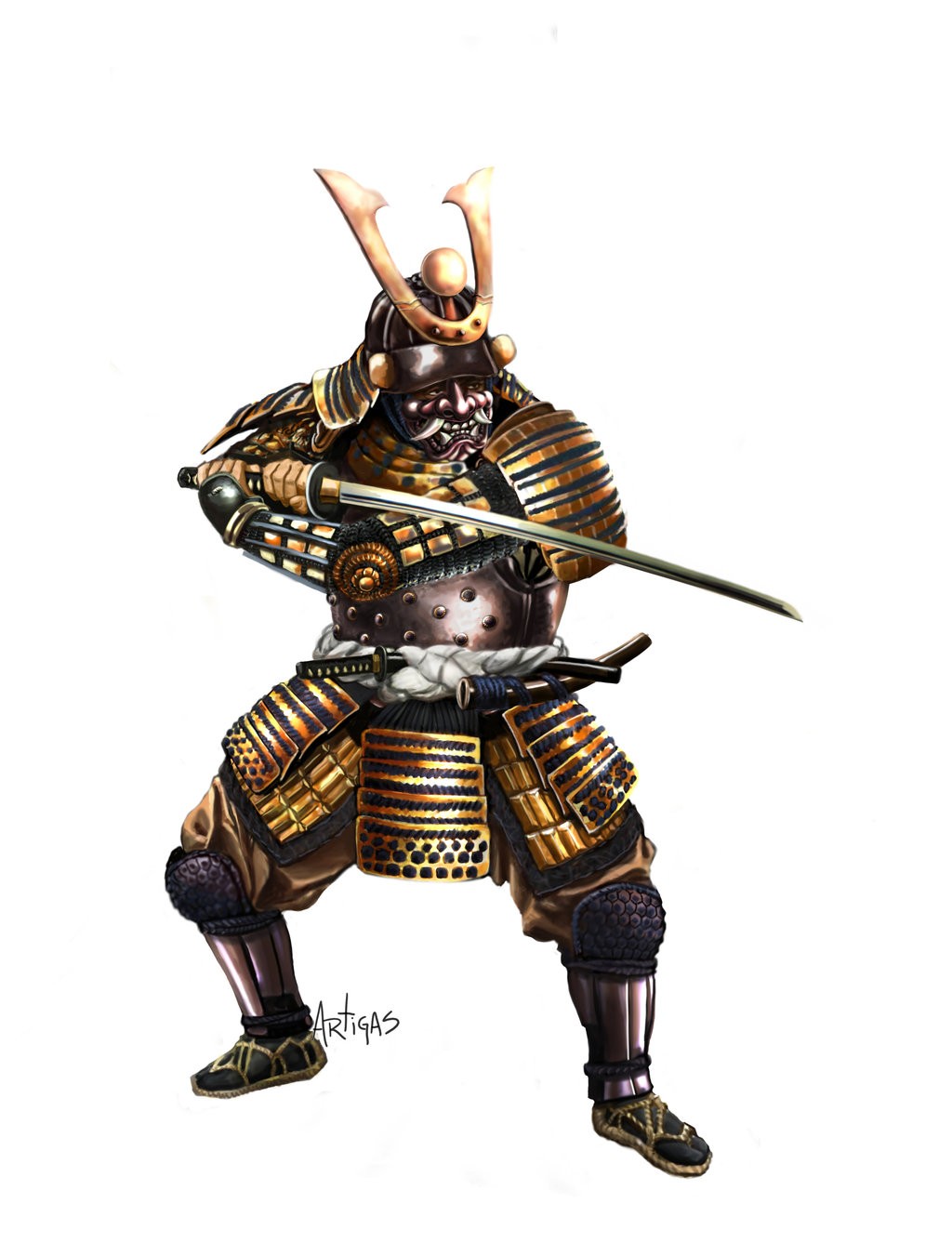I was having tea with Master Han in his office when the mail arrived bringing a letter that the teacher’s family sent him from Korea.
Knowing that he had eagerly awaited that letter, I paused in our conversation, waiting for him to open the envelope and rush to read its contents. Instead, master Han put the letter aside, turned to me, and continued the conversation.
The next day I told him about his great self-control and I told him that I would have read the letter instantly.
“I did what I would have done if I had been alone,” he replied. I put the letter aside until I had overcome the rush. Then when I put my hand on it, I opened it like it was something precious.
For a few moments, I was intrigued by his comment. Knowing that he intended for this to be a lesson for me. Finally, I declared that I did not understand what so much patience led to.
“It leads to this,” he replied. Those who are patient in the trivial things of life and know how to control themselves will one day have the same mastery over the great and important things.
By Richard Kim. “The Weaponless Warriors”, 1974. Ohara Publications, USA.
Once upon a time a long time ago during the reign of the Tokugawa Shogunate, a samurai set out on an errand. Precisely one year ago to the day he had lent 10 koku to a fisherman in a small coastal village nearby, and today was the day the fisherman had promised he would repay the debt. The samurai arrived in the village at noon and upon inquiring at the fisherman’s home he was told by the fisherman’s wife that he would find the man down at his boat working on his nets. Upon seeing the samurai coming up the beach the fisherman threw himself to the ground and bowed his head to the sand. “Get up,” said the samurai, “As agreed it has been one year and I have come to collect the money you owe me”. “I have not forgotten my debt to you,” said the fisherman, who now stood but with his head still bowed, “but it has been a very bad year for me and I regret that I do not have the money I owe you”.
Hearing this the samurai, who was not a man known for his patience, flushed with anger and quickly drew his sword, preparing to kill the fisherman then and there. “Why should I not simply slay you instead” shouted the samurai as he raised the deadly blade above his head. Fearing that his life was at and end and having nothing to lose the fisherman boldly spoke out. “For some time now I have been studying martial arts” he replied, “and one of the lessons that my master teaches is never to strike when you are angry”. “I beg you, ” said the fisherman, “give me one more year to pay you what I owe”. Thinking about what the fisherman had just said the samurai slowly lowered his sword. “Your master is wise,” said the samurai, “as a student of the art of the sword I too have heard that lesson many times, but sometimes I get so angry I act without thinking”. Putting away his sword the samurai spoke in a voice that was used to being obeyed. “You shall have another year to repay your debt to me,” he said, “but when I return if you do not have all the money you owe me I shall not hesitate to take your life instead” and without another word, he turned and walked away.
Having left the village later than he intended to it was already dark by the time the samurai arrived home. Seeing no lights on in the house he crept in quietly not wishing to wake the servants or his wife. As he entered his bedchamber he notices that there were two persons lying on his futon, one he recognized as his wife and the other from their clothing was unmistakeably another samurai. Swiftly he drew his sword and as his anger quickly grew he moved in to slay them both. Just then, as he was about to strike, the fisherman’s words came back to him, “never strike when you are angry”. This time I shall follow the lesson he thought to himself, pausing he took a deep breath and tried to relax, then on purpose he made a loud noise. Hearing the sound both his wife and the stranger immediately woke up and when his wife had lit a candle he found himself face to face with his wife and his mother who had dressed up in his clothes and another set of swords. “What is the meaning of this” he demanded, “I almost slew you both”. His wife quickly explained that when he had not returned by nightfall they decided to dress his mother up in his clothes so that in the event that an intruder entered the home they would be frightened off at the sight of a samurai in the house. That moment the samurai realized that his habit of “striking without thinking” had almost cost him the life of his wife and his mother. One year later the samurai again walked down the same beach towards the fisherman. After exchanging the proper formal greetings the fisherman said, “It has been an excellent year my Lord, here is all the money I owe you as promised, and with interest”. “Keep your money” replied the samurai, “you do not know it, but your debt was paid to me long ago”
EL ZEN EN LAS ARTES MARCIALES
JOE HYAMS
Estaba tomando té con el maestro Han en su oficina, cuando llegó el coreo trayendo una carta que enviaba la familia del maestro desde Corea.
Sabiendo que él había aguardado ansiosamente esa carta, hice una pausa en nuestra conversación , esperando que él abriera el sobre y se precipitara a leer su contenido. En vez de eso, el maestro, hizo la carta a un lado, se volvió hacia mí y continuó con la conversación.
Al día siguiente le comenté el gran control de sí mismo que poseía y le comenté que yo, me habría puesto a leer la carta al instante.
“Hice lo que hubiera hecho si hubiera estado solo”, repuso. Hice la carta a un lado hasta haber superado la precipitación. Luego, cuando le puse la mano encima, la abrí como si fuera algo precioso.
Durante unos momentos, quedé intrigado con su comentario sabiendo que su intención era la de que no fuera una lección para mi. Finalmente declaré que no comprendía a qué conducía tanta paciencia.
“Conduce a esto” me contestó. Los que son pacientes el las cosas triviales de la vida y saben controlarse, un día tendrán el mismo dominio de las cosas grandes e importantes.

Por Richard Kim. “The Weaponless Warriors”, 1974. Ohara Publications, USA.
Durante la ocupación Satsuma de Okinawa, un Samurai japonés que le había prestado dinero a un pescador, hizo un viaje para recolectarlo a la provincia Itoman, donde vivía el pescador. No siéndole posible pagar, el pobre pescador huyó y trató de esconderse del Samurai, que era famoso por ser corto de genio.
El Samurai fue a su hogar y al no encontrarlo ahí, lo buscó por todo el pueblo. A medida que se daba cuenta que no lo encontraba se volvió furioso. Finalmente, al atardecer, lo encontró bajo un barranco que lo escondía de la vista. En su enojo, desenvainó su espada y dijo: “Qué tienes para decirme”, le gritó. El pescador replicó, “Antes que me mate, me gustaría decir algo. Humildemente le pido esa posibilidad.” El Samurai dijo, “Ingrato! Te presto dinero cuando lo necesitas y te doy un año para pagarme y me retribuyes de esta manera. Habla antes que cambie de parecer.” “Lo siento”, dijo el pescador. “Lo que quería decir era ésto. Acabo de comenzar el aprendizaje del arte de la mano vacía y la primera cosa que he aprendido es el precepto: ‘Si alzas tu mano, restringe tu temperamento; si tu temperamento se alza, restringe tu mano.” El Samurai quedó anonadado al escuchar esto de los labios de un simple pescador. Envainó su espada y dijo: “Bueno, tienes razón. Pero acuérdate de esto, volveré en un año a partir de hoy, y será mejor que tengas el dinero.” Y se fue.
Había anochecido cuando el Samurai llegó a su casa y, como era costumbre, estaba a punto de anunciar su regreso, se vio sorprendido por un haz de luz que provenía de su pieza, a través de la puerta entreabierta. Afinó su ojo y pudo ver a su esposa tendida durmiendo y el contorno impreciso de alguien que dormía a su lado. Muy sorprendido y explotando de ira se dio cuenta de que era un samurai! Sacó su espada y sigilosamente se acercó a la puerta de su pieza. Levantó su espada preparándose para atacar a través de la puerta, cuando se acordó de las palabras del pescador: “Si tu mano se alza, restringe tu temperamento; si tu temperamento se alza restringe tu mano.” Volvió a la entrada y dijo en voz alta. “He vuelto”. Su esposa se levantó, abriendo la puerta salió junto con la madre del Samurai para saludarlo. La madre vestida con ropas de él. Se había puesto ropas de Samurai para ahuyentar intrusos durante su ausencia. El año pasó rápidamente y el día del cobro llegó. El Samurai hizo nuevamente el largo viaje. El pescador lo estaba esperando. Apenas vio al Samurai, este salió corriendo y le dijo: “He tenido un buen año. Aquí está lo que le debo y además los intereses. No sé cómo darle las gracias!” El Samurai puso su mano sobre el hombro del pescador y dijo: “Quédate con tu dinero. No me debes nada. Soy yo el que está en deuda”
